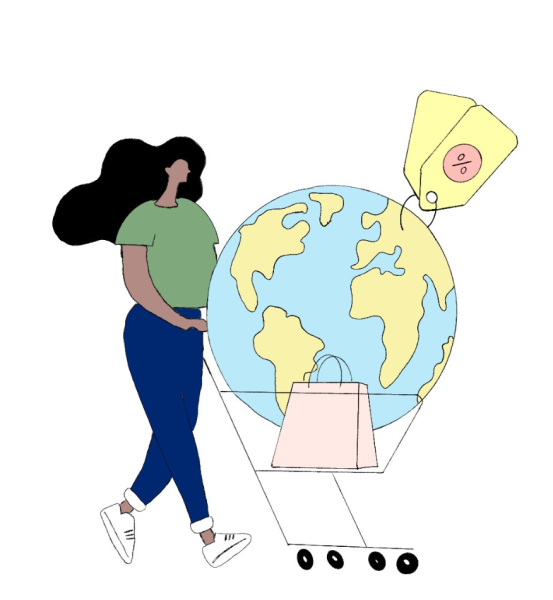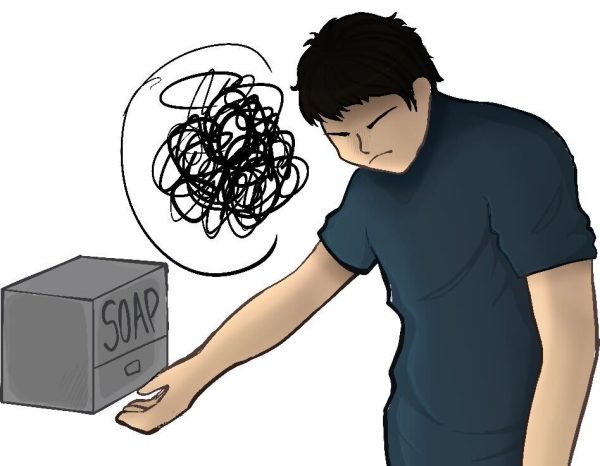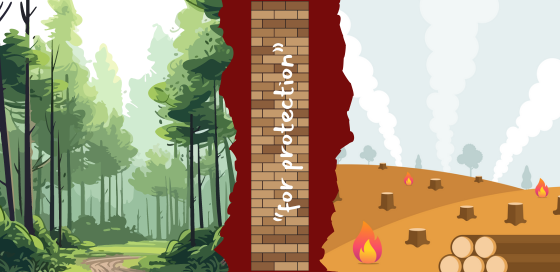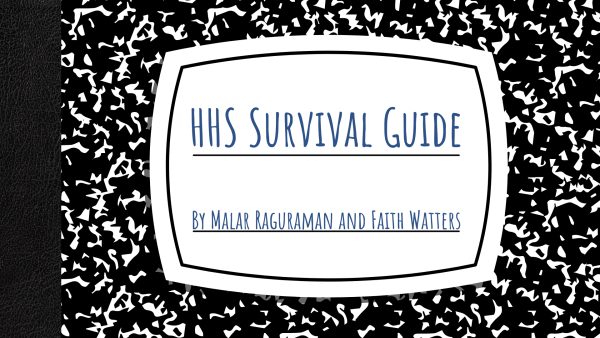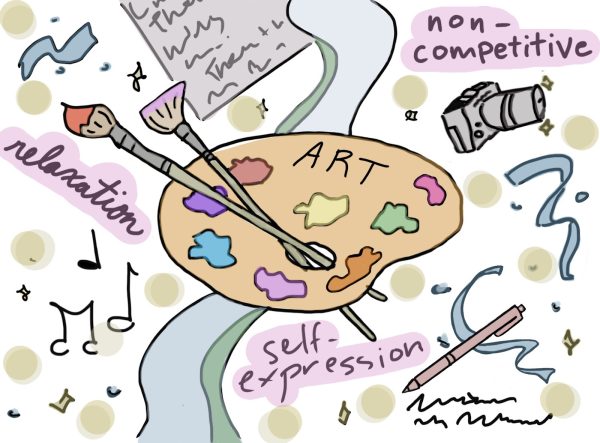Stop promoting rape culture
Society glorifies sexual assault, invalidates victim’s pain
Rape culture is real and cannot be ignored. Phrases like “she asked for it” or “boys will be boys” make it seem like it is a woman’s fault for expressing her freedom through her clothes or actions.
Rape culture is a term coined to reveal the ways in which society blames victims of sexual assault and normalizes male sexual violence, according to Brandon University.
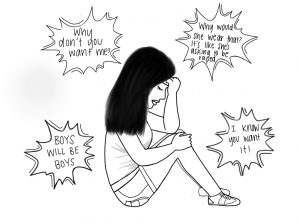
DON’T BLAME VICTIMS: Rape culture normalizes sexual violence and pressures women to give up their freedom in order to feel safe.
More than anything, it’s the tolerance of this behavior that alienates and reinforces the blame onto survivors, making it less likely for a victim of sexual assault or rape to come forward. The glamorization of sexual violence and objectification of women’s bodies create a toxic environment that disregards safety, according to Senior Airman of the U.S. Air Force, Savannah Waters.
Rape culture entails more than just rape: just because someone hasn’t raped, sexually assaulted or harassed someone doesn’t mean they can’t contribute to the culture.
Instead of emphasizing not to rape, our society teaches rape prevention instead of putting a stop to it.
Nine of out every 10 victims of rape are female and one out every six American women has been the victim of an attempted or completed rape in her lifetime, according to Rape, Abuse & Incest National Network (RAINN).
Instead of taking action to stop assaulters in a more permanent and effective way, society just teaches us how to take action against a problem that shouldn’t exist in the first place.
In fact, rape culture creates an environment where rape jokes and memes are taken lightly within a social sphere and are meant to be the norm. People think that making such jokes are funny. They are not.
The majority of this behavior stems from our culture. From songs glorifying sexual assault making the Billboard 100 or movies that feature rape becoming Oscar award-winners, people begin to think it’s acceptable to make jokes against victims, essentially invalidating their pain.
Another huge outlet that promotes rape culture is social media. High school and college students share videos or pictures of rape and sexual assault to their friends which spreads across the internet like wildfire, according to the Huffington Post. When others express that the content is not funny, they are told they should get a better sense of humor or should lighten up. When in reality, it’s the people who spread such demeaning content that need to check themselves.
Rape culture breeds an environment where rape and sexual violence is normalized and excused in the media and popular culture, according to Marshall University. It places blame on the victim. It ultimately normalizes sexual violence and excuses it in the media. It allows victims to feel like they are at fault and that they’re wrong.
Sexualizing a woman’s clothes, actions or motives is disgusting. Not only does it disparage women to feel unsafe, but it also pressures them to sacrifice their freedom and opportunities in order to stay safe, according to Vox. It also places the burden of safety and blames them when they don’t succeed.
Discussing rape culture is bound to bring up anti-feminist views. However, there is a clear and distinguished difference between feminism and toxic feminism. Toxic feminism is defined as a term when a woman uses her gender as an excuse or to obtain certain privileges, according to Psychology Today. Regardless, people should understand that discussing rape culture is not a blow on anti-feminists.
Feminism is more than just striving for fair pay mindlessly supporting other women, but also about equality and being seen as more than an object, according to Waters.
People of all backgrounds — regardless of their age, gender, physical size or sexual orientation — have experienced rape culture. It’s not a matter of being at the wrong place at the wrong time; it’s not a matter of the clothes they were wearing or what they said that may invoke harassers. It’s a matter of us as a society failing to promote a healthy environment where victims don’t feel ashamed to step forward and ask for help.
Rape culture is not normal or funny, and we should stop acting like it is.



